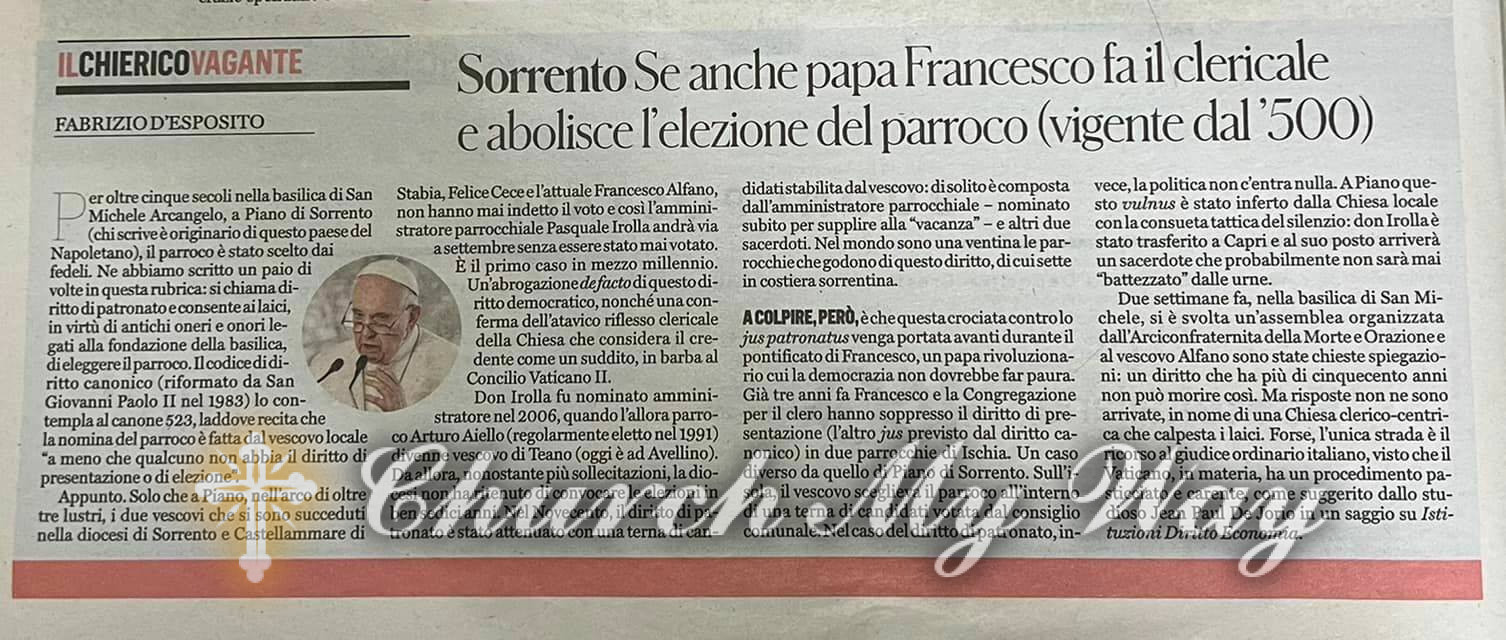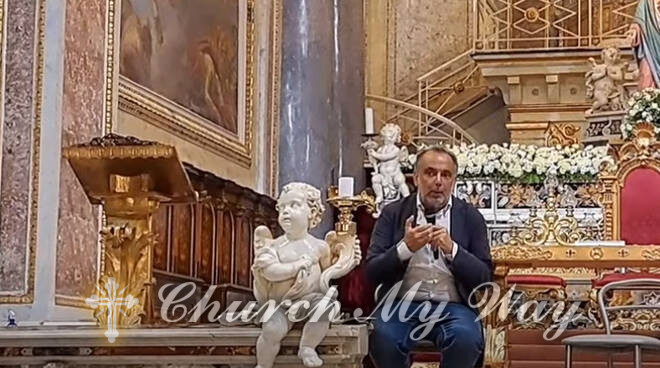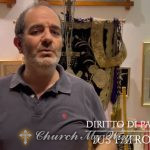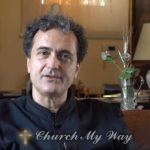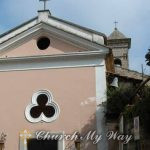Piano di Sorrento, in the “Fatto Quotidiano” an interesting article by Fabrizio d’Esposito on the Ius Patronatus
Piano di Sorrento. On the theme of “The Right of the Patronate” il Dr. Fabrizio Esposito “Fatto Quotidiano” brother and administrator of the Archconfraternity Morte e Orazione, journalist of the Fatto Quotidiano, has published an interesting article in the newspaper in his column “The wandering cleric” which we report in full: «For over five centuries in the basilica of San Michele Arcangelo, in Piano di Sorrento, the parish priest was chosen from the faithful. Is called the right of patronage and allows the laity, by ancient obligations and honors linked to the foundation of the basilica, to elect the parish priest. The code of canon law (reformed by St. John Paul II in 1983) contemplates it al canon 523where it states that the appointment of the parish priest is made by the local bishop “unless someone has the right of presentation or election”.
Precisely. Except that in Piano, in over three decades, the two bishops who succeeded each other in the diocese of Sorrento in Castellammare di Stabia, Felice Cece and the current Francesco Alfano, never called the vote. parish administrator Pasquale Irolla will go away in September without ever having been voted on. It is the first case in half a millennium. I’d facto repeal this democratic right as well as a confirmation of the atavistic clerical reflex of the Church that considers the believer as a subject, in defiance of the Second Vatican Council.
Don Irolla was appointed administrator in 2006 when the then parish priest Arturo Aiello (duly elected in 1991) became bishop of Teano (today he is in Avellino). Since then, despite more requests, the diocese has not decided to call elections in sixteen years. In the twentieth century, the right of patronage was attenuated with three candidates established by the bishop: usually, it is made up of the parish administrator – appointed immediately to make up for the “vacation” – and two other priests. Around twenty parishes in the world enjoy this right, seven of which are on the Sorrento coast.
What is striking, however, is that this crusade against the ius Patronus is carried out during the pontificate of Francis, a revolutionary pope whom democracy should not be afraid of. Three years ago Francis and the Congregation for the Clergy suppressed the right of presentation (the other is provided for by canon law) in two parishes of Ischia. A different case from that of Piano di Sorrento. On the island, the bishop chose the parish priest from among three candidates voted by the city council. In the case of the right of patronage, however, politics has nothing to do with it. In Piano this vulnus was inflicted by the local Church with the usual tactics of silence: Don Irolla was transferred to Capri and a priest will arrive in his place who will probably never be “baptized” at the ballot boxes.
Two weeks ago, in the basilica of San Michele, an assembly organized by the Archconfraternity of Death and Prayer was held and Bishop Alfano was asked for explanations: a right that is more than five hundred years old cannot die like this. But no answers have arrived, in the name of a clerical-centric Church that tramples on the laity. Perhaps the only way is to appeal to the ordinary Italian judge, given that the Vatican has a botched and deficient procedure on the matter, as suggested by the scholar Jean-Paul De Jorio in an essay on Institutions, Law, Economics “.
